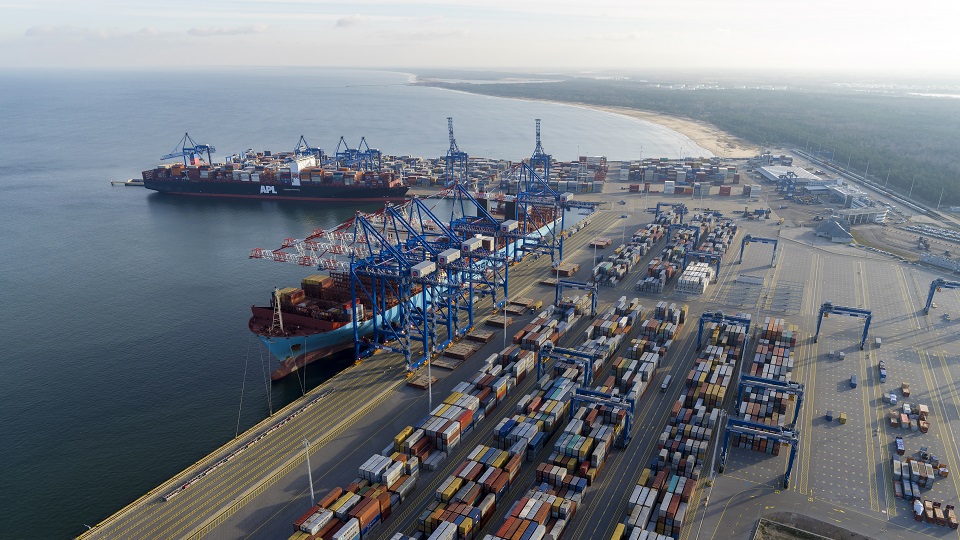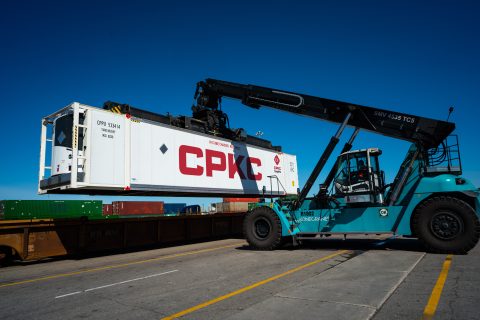Poland-Ukraine set up ‘Black Sea to Baltic’ intermodal corridor

The Port of Gdansk and the Ukrainian Sea Ports Authority have agreed to collaborate on a new transport corridor connecting the Black Sea and the Baltic. The focus will lie mainly on the transportation of cargo by rail, in a route that will include the port of Gdansk, Warsaw, Doronhursk or Medyka and will end up in Ukrainian ports of the Black Sea, primarily Odesa.
Do you want to read the full article?
Thank you for visiting RailFreight.com. Become a member of RailFreight Premium and get full access to all our premium content.
Are you already a member?
Having problems logging in? Call +31(0)10 280 1000 or send an email to customerdesk@promedia.nl.




